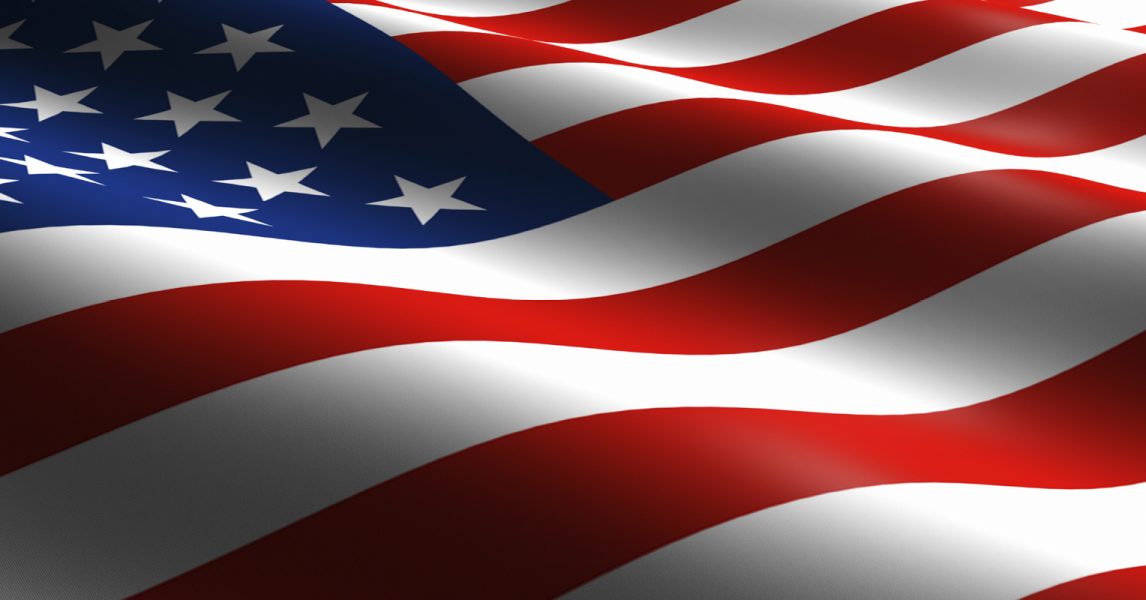Over a year ago, the World Health Organization declared COVID-19 a pandemic. Within weeks, countries around the world began to shut down their borders and issued stay-at-home orders. To date, over half a million people have lost their lives to the virus in the U.S.
As the pandemic continues to pose a threat, the current climate may prove to be a defining moment in our history. Similar to many past presidents, Joe Biden stepped into office leading a nation turmoiled by grief and divided by political and racial unrest.
Moments of crisis can make or break a president’s term. Here are three presidents in U.S. history who became a beacon of hope when our nation encountered great adversity. These presidents provided key messages to unite the American people that can serve as guidance for President Biden.
George W. Bush: War on Terror. Faced with the deadliest terrorist attack on U.S. soil on September 11, 2001, President George W. Bush would declare a global “War on Terror.” In his address to the nation, Bush commended the fortitude of America by saying, “Terrorist attacks can shake the foundations of our biggest buildings, but they cannot touch the foundation of America. These acts shatter steel, but they cannot dent the steel of American resolve.”
The core of Bush’s message championed the American spirit. Despite the tragedy the nation faced, Bush urged America to continue to be the “brightest beacon for freedom” for the world. These events would not impair the country’s core. As Bush drew on the vigor of our nation’s strengths and liberties, Biden can do the same.
Lyndon B. Johnson: JFK’s assassination. Following the assassination of John F. Kennedy, President Lyndon B. Johnson took over a shattered nation still grieving the loss of a beloved president. In his address to Congress, Johnson said, “We meet in grief, but let us also meet in renewed dedication and renewed vigor… John Kennedy’s death commands what his life conveyed—that America must move forward.”
Johnson believed the tragedy would bind the nation together. Johnson encouraged Congress to move forward saying, “not to turn about and linger over this evil moment, but to continue on our course so that we may fulfill the destiny that history has set for us.”
In similar circumstances, the pandemic has united our nation. We’ve learned to work together to keep one another safe, and from it, we are stronger. Biden can learn from Johnson to continue to push America forward by focusing on what unites us, rather than allowing political differences to incite division.
Harry S. Truman: World War II. The day after Germany surrendered during World War II, President Harry S. Truman gave a speech that recognized this significant step toward peace. Yet, the war was still not over. He urged Americans to remain vigilant as he made note that the “East is still in bondage” with Japan yet to surrender.
Truman praised the work of the American people thus far saying, “The job ahead is no less important, no less urgent, no less difficult than the task which now happily is done. I call upon every American to stick to his post until the last battle is won. Until that day, let no man abandon his post or slacken his efforts.”
Although vaccinations are more widely available, the pandemic is still far from over. The economic sting will linger, and there is little known information about the new variants. Biden should follow Truman’s example of recognizing Americans’ contributions but reminding them to remain vigilant.
In moments of great disparity, leaders can provide a lifeline of hope. Many, if not all, American presidents led during moments of crisis. The leaders we remember are those who didn’t succumb to fear. Rather, they used those opportunities to become bridges to unite the American people and move forward focusing on our commonalities.

